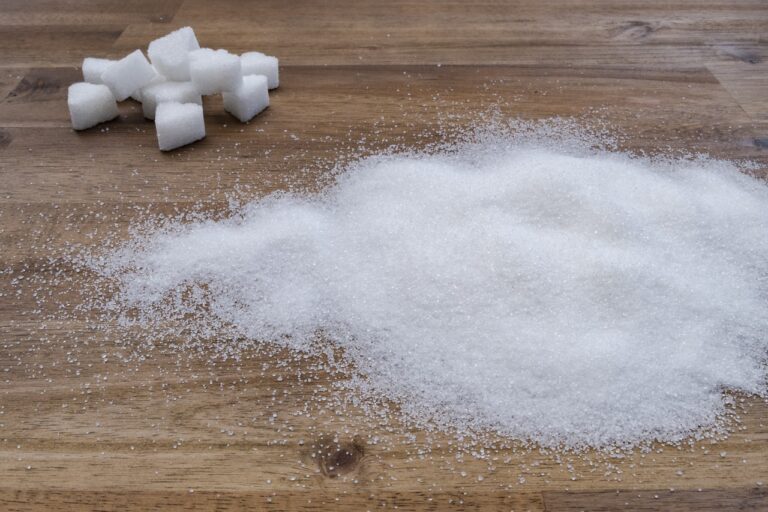Sustainable Food Packaging: Innovations in Biodegradable Films and Coatings for Convenience Foods
Traditional food packaging faces various challenges in the current market due to the increasing demand for more sustainable and eco-friendly packaging solutions. One of the key issues is the environmental impact of non-biodegradable packaging materials, such as plastic, on the ecosystem. These materials take hundreds of years to decompose and contribute significantly to pollution.
Additionally, traditional food packaging methods often involve excessive use of resources like energy and water during the manufacturing process. This not only increases the carbon footprint of the packaging but also adds to the overall cost of production. These challenges highlight the urgent need for the food packaging industry to innovate and adopt more sustainable practices to mitigate the adverse effects on the environment.
Impact of Non-Biodegradable Packaging on the Environment
Non-biodegradable packaging poses a significant threat to the environment due to its inability to decompose naturally. Plastics, which are a common material in non-biodegradable packaging, can take hundreds to thousands of years to break down completely. This results in the accumulation of plastic waste in landfills, oceans, and other natural habitats, leading to pollution and harm to wildlife.
Moreover, non-biodegradable packaging contributes to greenhouse gas emissions and energy consumption during its production and disposal processes. The manufacturing of plastic-based packaging requires the use of fossil fuels, releasing harmful emissions into the atmosphere. Additionally, the incineration of non-biodegradable packaging further exacerbates environmental issues by releasing toxic pollutants into the air. Ultimately, the environmental impact of non-biodegradable packaging underscores the urgent need for sustainable alternatives to mitigate its detrimental effects.
• Non-biodegradable packaging takes hundreds to thousands of years to decompose
• Accumulation of plastic waste in landfills, oceans, and natural habitats leads to pollution
• Harmful to wildlife due to ingestion or entanglement in plastic debris
• Contributes to greenhouse gas emissions and energy consumption during production and disposal processes
• Manufacturing of plastic-based packaging requires the use of fossil fuels, releasing harmful emissions into the atmosphere
• Incineration releases toxic pollutants into the air, exacerbating environmental issues
Advantages of Biodegradable Films and Coatings
Biodegradable films and coatings offer a sustainable alternative to traditional packaging materials. One of the key advantages is their eco-friendly nature, as they can naturally decompose over time, reducing the environmental impact of packaging waste. Additionally, these biodegradable materials often require fewer resources to produce compared to their non-biodegradable counterparts, leading to a more sustainable production process.
Moreover, biodegradable films and coatings can help extend the shelf life of perishable products by providing a barrier against oxygen and moisture. This can result in reduced food spoilage and waste, benefiting both the environment and the economy. By choosing biodegradable packaging options, businesses can demonstrate their commitment to sustainability and contribute to the global efforts towards a greener future.
What are the key challenges in traditional food packaging?
Some key challenges in traditional food packaging include the use of non-biodegradable materials, which can have a negative impact on the environment.
How does non-biodegradable packaging affect the environment?
Non-biodegradable packaging can contribute to pollution and waste accumulation in landfills, oceans, and other natural habitats, leading to environmental degradation.
What are the advantages of biodegradable films and coatings?
Biodegradable films and coatings offer environmental benefits, as they break down naturally over time, reducing waste and pollution. They also provide a sustainable packaging solution for businesses looking to reduce their environmental footprint.






